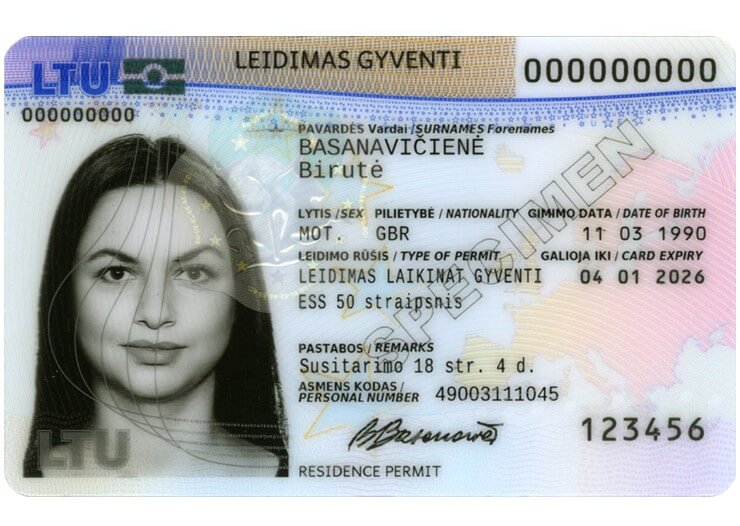
EU Residence Permit
The EU Residence Permit, also known as the EU Residence Card, is a valuable document that grants non-EU/EEA citizens the legal right to live, work, or study in European Union (EU) member states. It is issued by individual EU countries, and the specific requirements and application process may vary depending on the country of issuance. This permit provides an opportunity for individuals to experience the diverse cultures, opportunities, and lifestyle that Europe has to offer. In this comprehensive guide, we will explore the significance of the EU Residence Permit, the application process, and the privileges it offers to its holders.
Benefits of an EU Residence Permit
-
Legal Residence: The EU Residence Permit allows individuals to legally reside in an EU member state for a specified period, which is usually renewable.
-
Freedom to Travel: Holders of an EU Residence Permit can travel within the Schengen Area without the need for additional visas, making it easier to explore other European countries.
-
Work Opportunities: With an EU Residence Permit, individuals can seek employment in the host country and, in some cases, work in other EU member states without the need for separate work permits.
-
Access to Social Services: EU Residence Permit holders often have access to social services, including healthcare and education, on par with nationals of the host country.
-
Family Reunion: In many cases, the EU Residence Permit allows holders to bring their family members to live with them in the host country.
Types of EU Residence Permits
The types of EU Residence Permits available can vary depending on the country, but some common types include:
-
Temporary Residence Permit: This permit is typically issued for a specific period and is renewable. It is suitable for individuals who wish to live and work or study in an EU country for a temporary duration.
-
Permanent Residence Permit: After residing in an EU country for a specified period (usually five years), individuals may be eligible to apply for permanent residency, granting them the right to live and work indefinitely in the country.
-
Long-Term Resident EU Permit: This permit is available to non-EU/EEA citizens who have resided legally in an EU country for at least five years and meet certain criteria. It allows the holder to live and work in any EU member state.
Application Process for an EU Residence Permit
The application process for an EU Residence Permit varies from country to country. However, some common steps include:
-
Eligibility Check: Applicants must determine if they meet the specific eligibility criteria for the type of EU Residence Permit they are seeking.
-
Required Documents: Applicants need to gather all the necessary documents, such as a valid passport, proof of sufficient financial means, and any relevant certificates or qualifications.
-
Application Submission: The completed application form and supporting documents are submitted to the appropriate immigration authorities of the host country.
-
Interview or Biometric Appointment: In some cases, applicants may be required to attend an interview or provide biometric data, such as fingerprints and photographs.
-
Processing Time: The processing time for an EU Residence Permit application can vary, and applicants are advised to apply well in advance of their intended move to the EU country.
Conclusion
The EU Residence Permit is a valuable document that provides non-EU/EEA citizens with the opportunity to live, work, or study in an EU member state. As a gateway to Europe, this permit offers numerous benefits, including legal residence, freedom to travel within the Schengen Area, and access to work and educational opportunities. By following the application process and meeting the eligibility criteria, individuals can embark on a new chapter of their lives in Europe, immersing themselves in its rich history, diverse cultures, and vibrant communities. The EU Residence Permit truly opens the door to an enriching and rewarding experience in the heart of Europe.
